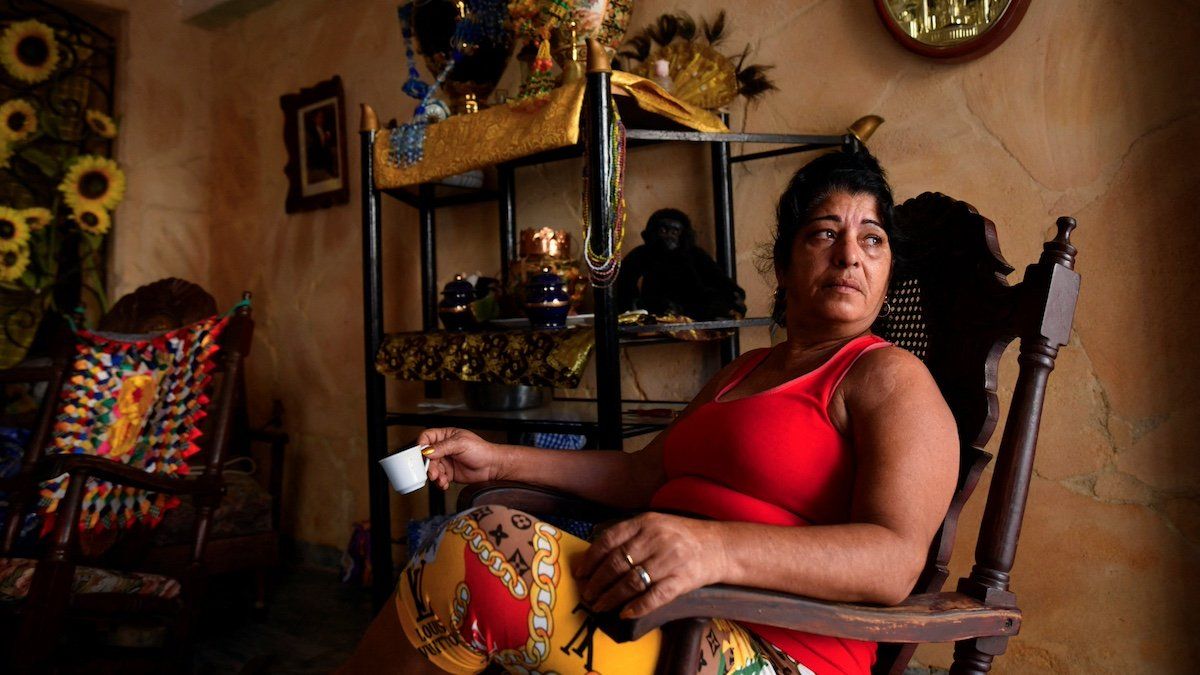Millions of Cubans remain in the dark amid a worsening power crisis. The collapse first hit Cuba’s western provinces, including the capital of Havana, on Friday, with no clear timeline for restoration. While the Antonio Guiteras power plant was brought back online over the weekend, its 500-megawatt output falls far short of the 3 gigawatts the island needs, and its output has dropped to 370 megawatts.
Residents are cooking on open fires, water supplies are threatened, bread is running out, and people are running out of patience – which led to protests in Marianao and Cuatro Caminos on Saturday.
Power cuts and food rationing prompted protests earlier this year, and while theregime remained in charge, this latest crisis is the worst since Hurricane Ian damaged Cuba’s power grid in 2022. President Miguel Díaz-Canelblames the US embargo, which has left Cuba unable to maintain electric plants due to a lack of foreign reserves to pay for parts. Cuts in subsidized oil imports from Venezuela also made it impossible to operate facilities due to lack of fuel, leaving some households without power for eight hours a day this year.
The crisis has been compounded by
Hurricane Oscar, which made landfall on Sunday with winds of up to 85 mph and 5 to 15 inches of rain. We’ll be watching how the regime and public anger weather the storm.
